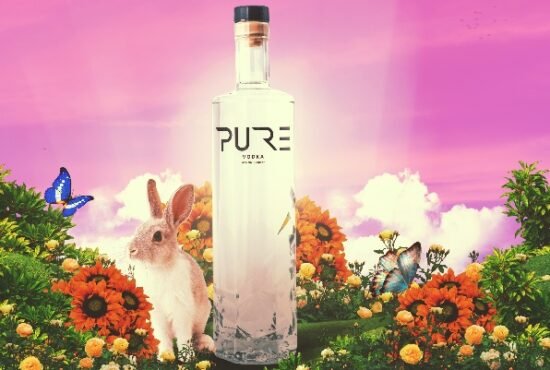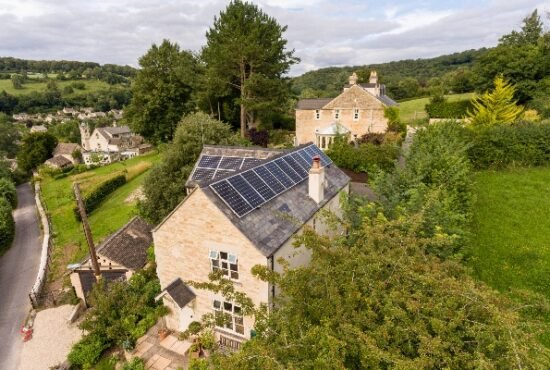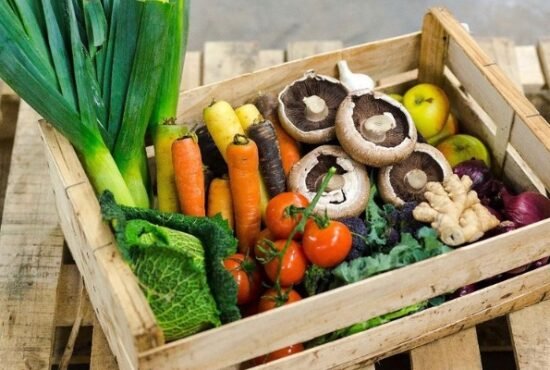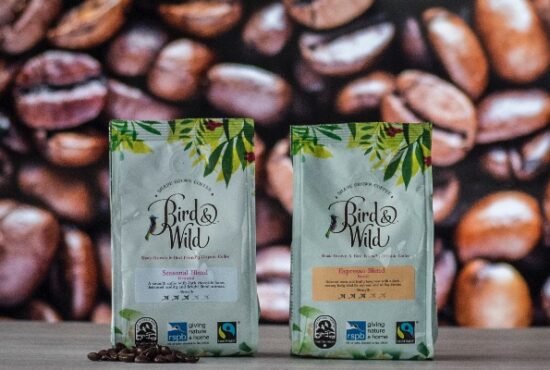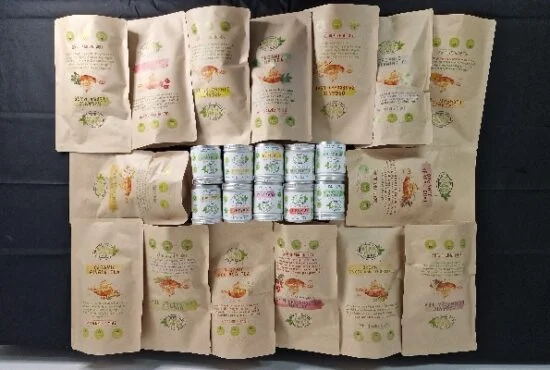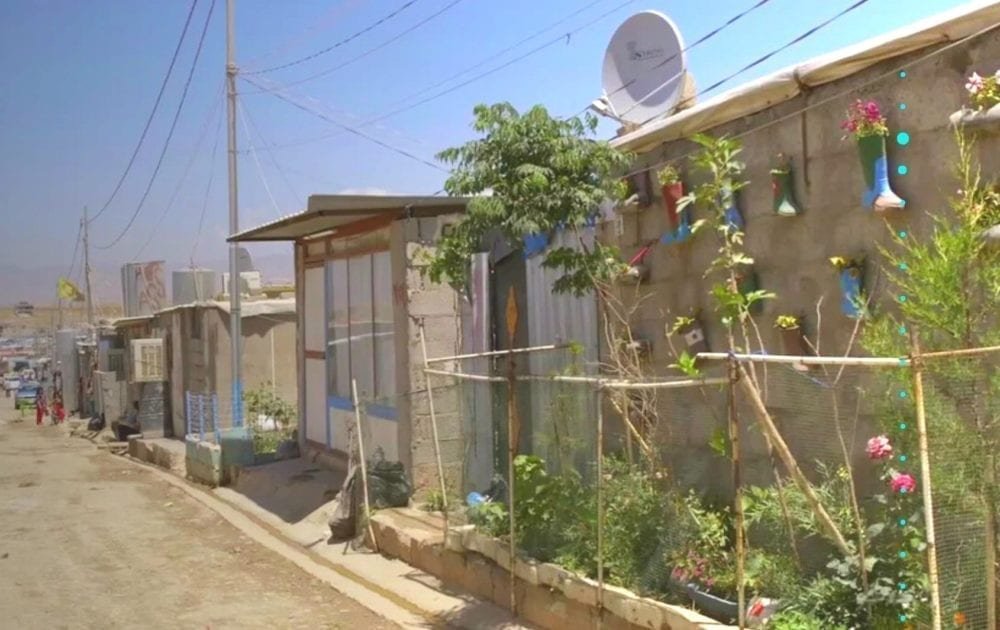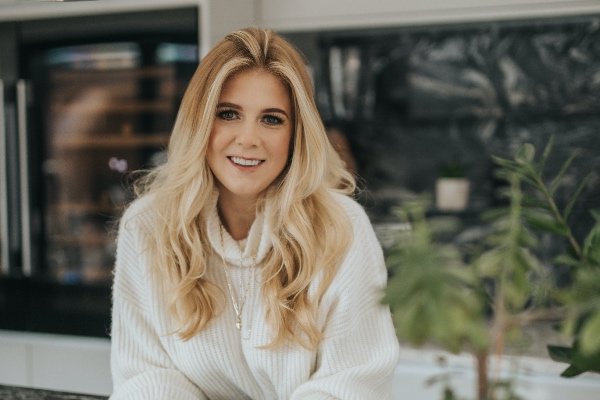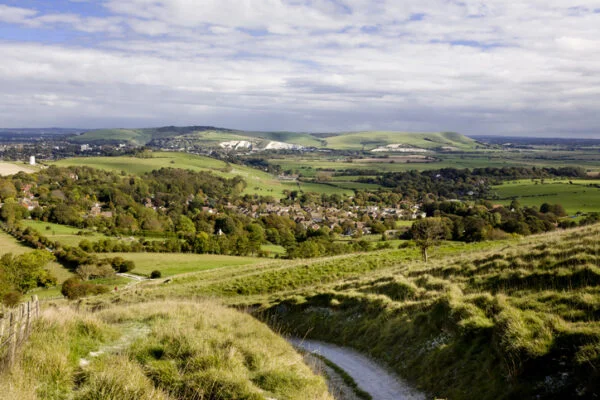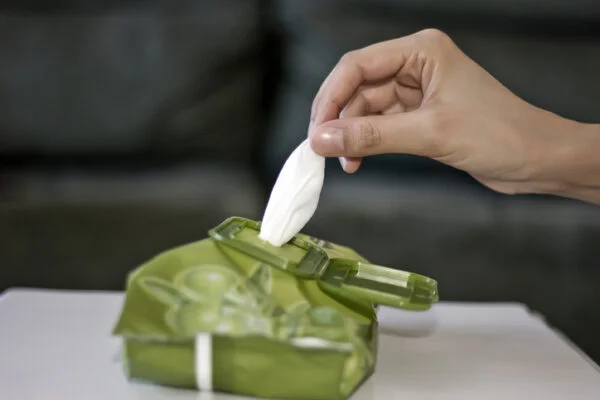In the midst of the ongoing humanitarian crisis in Syria, which has forced millions of people to flee their homes and for some to seek refuge in neighbouring Northern Iraq, a small UK-based not-for-profit organisation is using urban agriculture and horticulture to bring together communities and restore dignity to broken lives.
Grow home
The Lemon Tree Trust is led in the UK by Dr Mikey Tomkins, an urban agriculture expert who has been using gardening and gardening competitions within the camps to inspire refugees to ‘grow home,’ and to highlight the potential for primary food production and large scale agriculture.
‘Forced migration results in trauma for young and old alike and far from being a temporary solution, refugee ‘camps’ provide homes for an average of 17 years. The heritage of growing plants to both sustain and enrich life is one that can be traced back to the very beginning of civilization and it is this heritage that we are drawing on in Domiz. We started three years ago, one garden at a time, and have found that with a little investment and some patience, ‘greening’ on a large scale is achievable and has wide ranging social, health and environmental benefits for everyone. One of the residents we have helped puts it quite simply: ‘My garden is my life’. That’s enough to keep us going and expanding.’
DR MIKEY TOMKINS
Urban agriculture expert
The ongoing work of Lemon Tree Trust in Domiz and its planned expansion to other camps will reach a global audience this year thanks to a collaboration with UK garden designer Tom Massey at the RHS Chelsea Flower Show in May.
Massey has designed a show garden inspired by the resilience, determination and ingenuity of refugees, highlighting the importance of gardens and gardening to thousands of displaced families.
‘People need a way to bring order to a chaotic situation, as well as a space to come together as a community and to learn about horticulture and water retention. The gardens, encouraged by the Lemon Tree Trust, are far more than spaces to grow familiar plants, vegetables and herbs; they become a statement of belonging, a representation of ownership and an embodiment of dignity.’
TOM MASSEY
Garden designer
Beautifying concrete
Massey’s design draws on elements found in the gardens of refugees and intends to show visitors how brutal, harsh materials such as concrete and steel, that are widely available in the camps, can be made beautiful with techniques such as polishing, casting and crafting into intricate Islamic inspired patterns and designs.
Drought tolerant planting will educate visitors about the type of plants and crops refugees grow on their own plots. Ingenious vertical planting techniques, inspired by refugees’ use of everyday objects, and designed with their input, will showcase ideas for planting in limited spaces.
Trees laden with fruit, including figs, lemons and pomegranates, will provide scent and valuable crops to harvest and trade. Cooling and calming water will flow throughout the space, which will then be collected in channels and pools, recycled and pumped back through the brimming central Islamic inspired fountain, representing the importance of grey water reuse in the camps and the many makeshift fountains refuges have built in their own gardens.
Massey’s design speaks of what’s possible, what’s needed, and what’s longed for.
 Play Video about This Rock Might Just Save The World
Play Video about This Rock Might Just Save The World Play Video about Play 2 hours of rock
Play Video about Play 2 hours of rock Play Video about Play 2 hours of brook
Play Video about Play 2 hours of brook Play Video about Play 2 hours of sheep
Play Video about Play 2 hours of sheep
